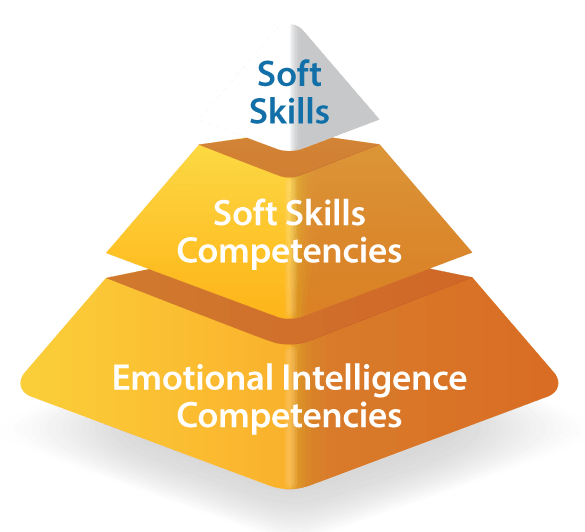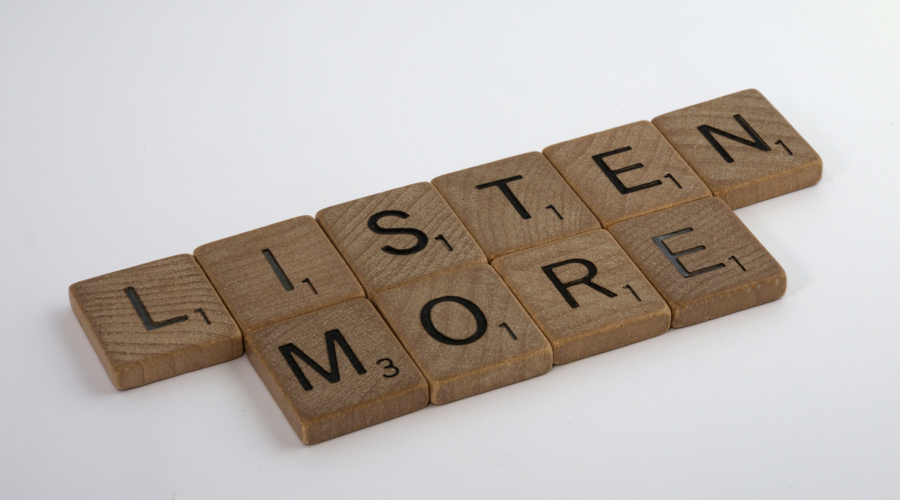Parenting role redefined –as a coach, mentor & guide.
Does your teens or tweens struggle with anxiety, stress, or panic attacks?
Do you feel your troubled teenager lacks clarity, confidence, or motivation?
Do you feel your adolescent is not exploring his/her potential to the fullest?
Is it a challenge for you, to have calm, effective communication with your adolescents?
Research conducted by Harvard University, The Carnegie Foundation, and Stanford Research Centre has all concluded that
85% of job success comes from having well-developed soft skills, while only 15%of success comes from technical skills and knowledge(hard skills).
All you want is, for your children to be happy and have fulfilled meaningful life.
You want your child to reach their potential to the fullest.
To love what they do and achieve success in whatever they do.
While each one of us will define success, happiness, fulfillment differently, what we will all agree, is the importance of a set of hard skills and soft skills to achieve it.
Hard skills involve specific knowledge and abilities: degree, easy to quantify, technical knowledge or training gained through education or experience. For example technical proficiencies, mathematics, data analysis, etc.
Soft skills focus on attributes and personality traits. These have to do with your emotional intelligence and behavior: time management, creativity, emotional intelligence, collaboration, persuasion, adaptability, flexibility to just name a few, and habits of mind that shape how one navigates life.
If soft skills are six times more important than hard skills for job success, why is almost all /3/4 investment (TIME, MONEY, PARENTING ) is focused on hard skills?

Image courtesy national soft skills
Foundation blocks of soft skills are emotional intelligence -the learned ability to identify, explain, understand and express human emotions in healthy and productive ways.
Without these foundation blocks, one’s ability to use and understand soft skills gets limited leading to self-doubt, low self-esteem in teenagers and young adults.
Soft skills disconnect, not only causes damage to hard skills learning but also takes a toll on one’s emotional and mental health.
The core EQ foundation skills are self-esteem, empathy, a supportive environment, and interpersonal awareness (starts with self-awareness)
Is it that easy?
Shall we just go the old way?
- Does being a good role model equivalent to teaching these skills.
- But what if parents or other adults do not possess soft skills, how can they teach them to others?
- Families, society, and life experiences will teach these skills
- Schools and colleges are taking good care of it or assume students learn from families and life experiences.
- Hope them to develop it on their own while developing hard skills
Or shall we work on helping adolescents develop soft skills?
- Work on emotional intelligence
- Be emotionally present to process soft skills
- Parents take counseling session or workshop to connect with children emotionally
- Have your teen take soft skills workshops
- Look for a school that focuses on social-emotional skill building
- Provide experiences to explore soft skills
- Parents impart these skills by being coach-like
Since soft skills are so important for personal and professional success, you may wonder what can be done to develop your adolescent’s set of soft skills.
Connection with your adolescents is the only way to life-enhancing skills.
With the compassionate connection with your adolescent, you
- Help your adolescent develop soft skills for success.
- Resolve conflicts with your tweens and teens.
- Motivate your teenager who doesn’t care
- Enhance your child’s emotional intelligence
- Help your adolescent with anxiety
- Build deep meaningful connections with your child
- Develop an ability to PAUSE before responding
- Learn to Connect before correction →Be curious and listen to understand.

Image courtesy Unsplash
- Learn compassionate communication skills w/o judgment, fears, or worries. Communication is not imparting wisdom a knowledge, it’s not do’s and don’t lists, and neither it is follow me or do as I say. It’s a medium to connect, to understand, to create deeper relations.
- Learn to create a win-win
- Create Life-enhancing Boundaries, to impart autonomy with responsibility.
- Rephrase communication with acknowledgment and validation.
- A shift from the role of caretaker to mentor -be coach-like to your child
Who needs to do the work on self?
Really Depends on the situation and who is ready to do the work.
Who wants to bridge the gap?
Who wants to have a calm, connected relationship and communication and impart value in a relationship?
Choices for Parents
- Join the community
- How to communicate with your teens to connect, motivate and resolve conflicts? -4-week workshop
- Counseling for parent → tailor-made, personalized solution
Choices for Adolescents
- Join the community
- 4-week workshop -gain clarity with your thoughts,goals and purpose.
- Life Coach for teenager Anxiety, Confusion, stress.
A connection is our ally.
As they naturally move away from us, We have very little time left with our teens and to maintain our connection with them.


